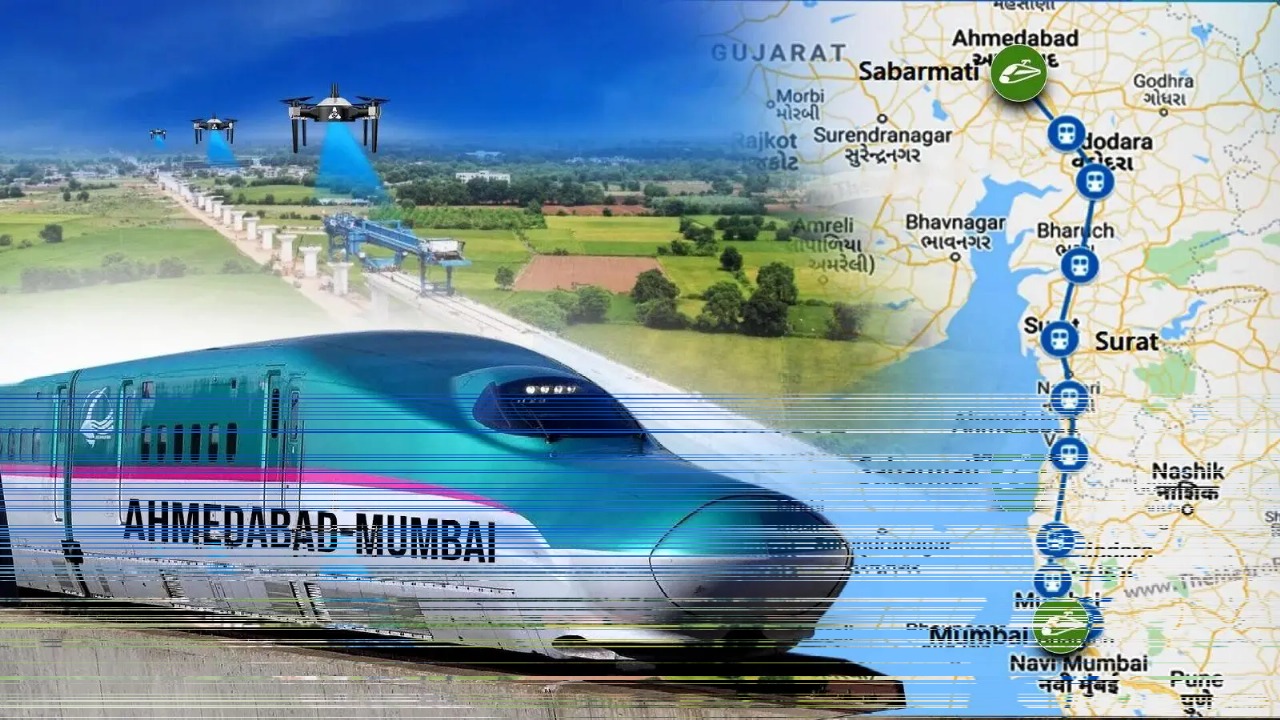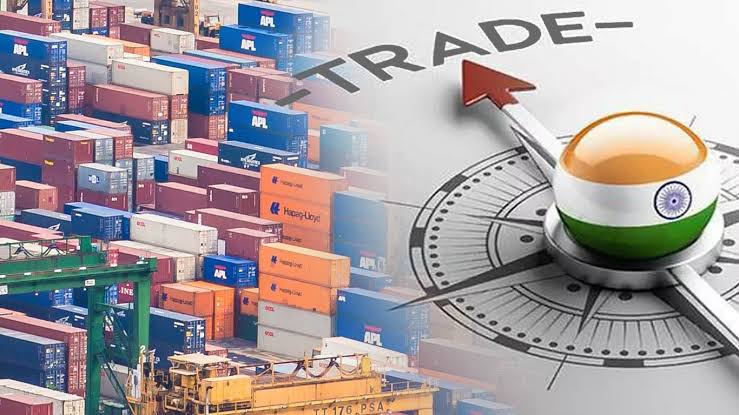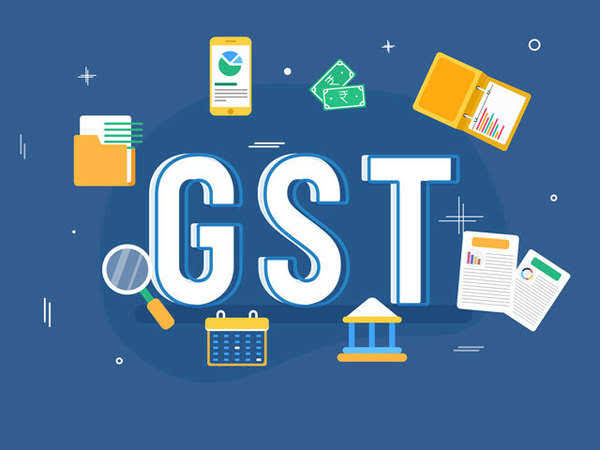
Follow WOWNEWS 24x7 on:

India’s infrastructure and trade diplomacy are making headlines this week with two major developments: the long-awaited Mumbai-Ahmedabad bullet train project is confirmed to begin operations in 2027, and the Indian pharmaceutical sector has been officially exempted from the United States’ sweeping 50 percent tariff regime under President Donald Trump’s latest trade directive. Both announcements reflect India’s strategic positioning in global partnerships and its growing influence in critical sectors like transport and healthcare.
These developments come amid Prime Minister Narendra Modi’s high-level visit to Japan, reinforcing bilateral ties and unlocking new momentum in infrastructure, technology, and strategic cooperation.
Bullet Train Milestone: India-Japan Partnership On Track
India’s Ambassador to Japan, Sibi George, has confirmed that the Mumbai-Ahmedabad high-speed rail corridor will be operational by 2027. This marks a major milestone in India’s transport modernization efforts and highlights Japan’s pivotal role in the country’s infrastructure transformation.
Key updates from the project include:
- The corridor will feature Japan’s Shinkansen technology, with E5 and E3 trains expected for trial runs
- Construction progress includes five completed stations and multiple bridges nearing completion
- The project will connect 12 stations across Maharashtra, Gujarat, and Dadra and Nagar Haveli
- End-to-end travel time is projected to be just over two hours for limited-stop services
- Commercial trials are scheduled between 2026 and 2027
The bullet train initiative, launched in 2017, has faced delays due to land acquisition and pandemic-related disruptions. However, the renewed commitment from both governments signals a clear intent to fast-track completion. Japan’s decision to introduce its next-generation E10 Shinkansen trains simultaneously in India and Japan further underscores the depth of the partnership.
Strategic Significance Of Modi’s Japan Visit
Prime Minister Modi’s visit to Japan is his first standalone trip to the country in nearly seven years and marks the eighth summit between the two nations since 2014. The visit is expected to yield several outcome documents, including revisions to the 2008 India-Japan Security and Defence Cooperation Agreement.
Highlights from the summit agenda:
- Japanese Prime Minister Shigeru Ishiba has proposed investments worth Rs 5.96 lakh crore over the next decade
- Discussions will cover critical minerals, advanced technology, and workforce mobility
- India is expected to play a key role in addressing Japan’s projected shortfall of 790,000 tech workers by 2030
- Strategic cooperation in the Indo-Pacific and the Quad framework will also be on the table
Pharma Sector Exempted From Trump’s Tariff Blitz
In a parallel development, the Indian pharmaceutical industry has emerged as a notable exception to the United States’ new 50 percent tariff regime. While most Indian exports—ranging from textiles to chemicals—are now subject to steep duties, pharma shipments have been spared due to their critical role in the US healthcare system.
Reasons behind the exemption include:
1. India supplies nearly 80 percent of global generic medicines, with a significant share going to the US
2. Generic drugs are essential for affordable healthcare and operate on thin profit margins
3. The US Medicare system relies heavily on Indian generics, making tariffs counterproductive
4. The sector is currently under review as part of the Section 232 national security investigation
5. Indian pharma firms maintain diversified revenue streams and strong liquidity buffers
According to India Ratings and Research, Indian generics offer a low-cost, high-value proposition that supports cost containment in the US healthcare sector. Despite price erosion and margin pressures, Indian pharma companies remain resilient due to healthy balance sheets and broad funding sources.
Conclusion: India Balances Speed And Strategy
The confirmation of the Mumbai-Ahmedabad bullet train and the strategic exemption of Indian pharma exports from US tariffs reflect India’s growing clout in global infrastructure and trade. While the bullet train symbolizes technological ambition and bilateral trust, the pharma exemption highlights India’s indispensable role in global healthcare.
Together, these developments reinforce India’s narrative as a forward-looking economy capable of navigating complex geopolitical landscapes while delivering on domestic transformation.
Sources: News18, Moneycontrol, Newsweek, Al Jazeera, Mathrubhumi, India Ratings and Research, Firstpost, MSN




